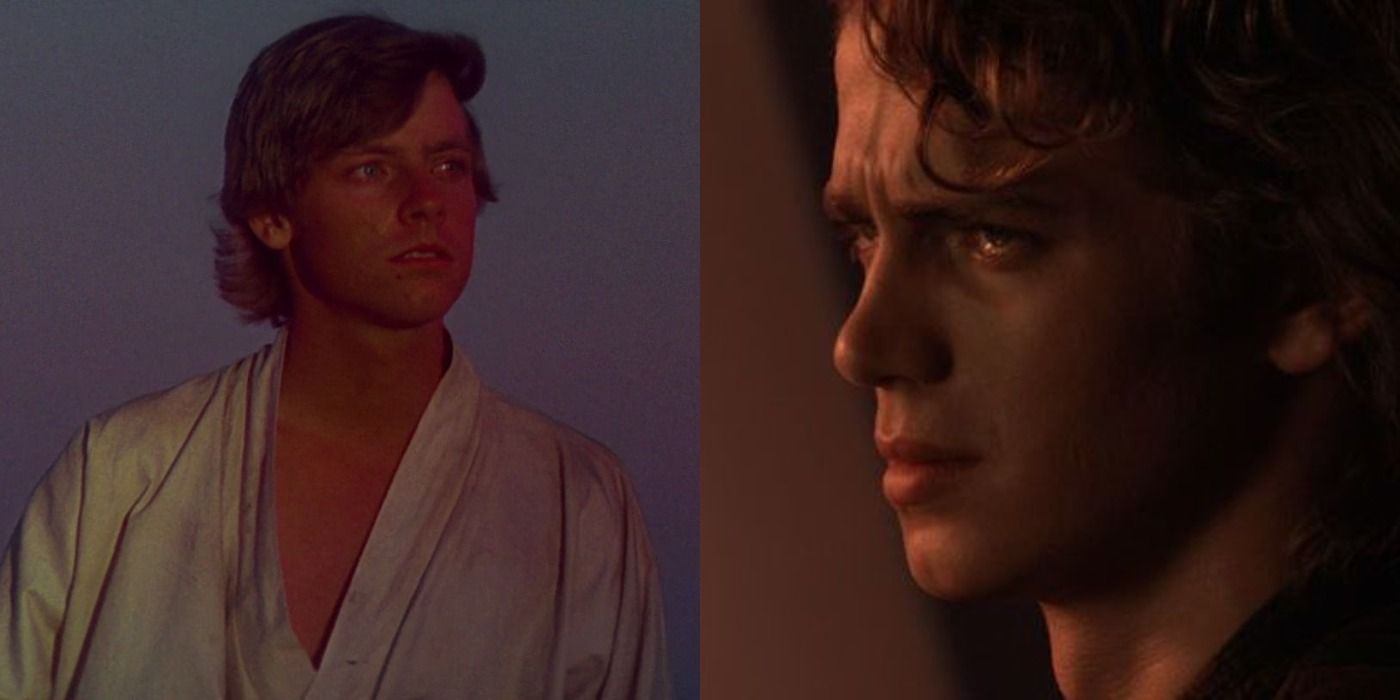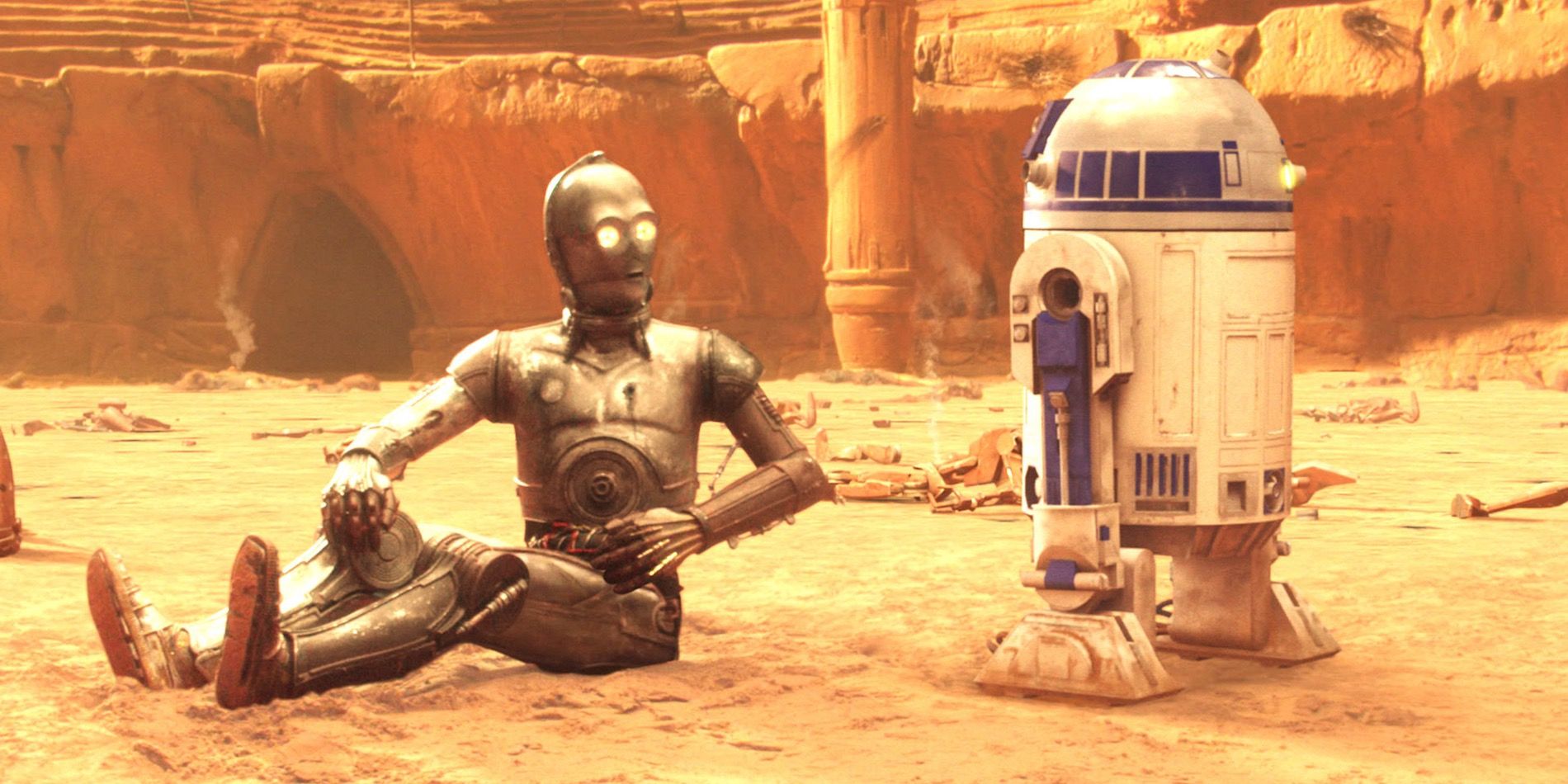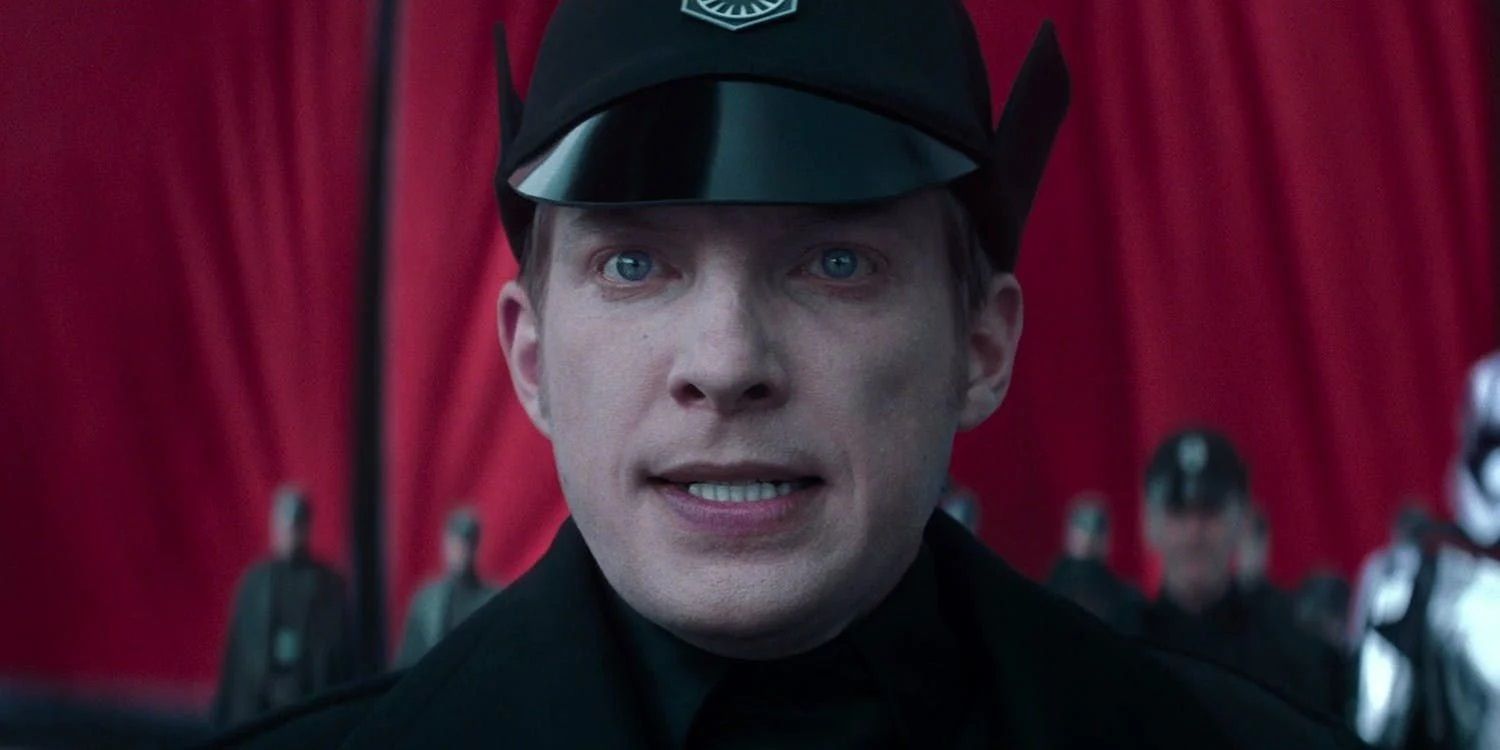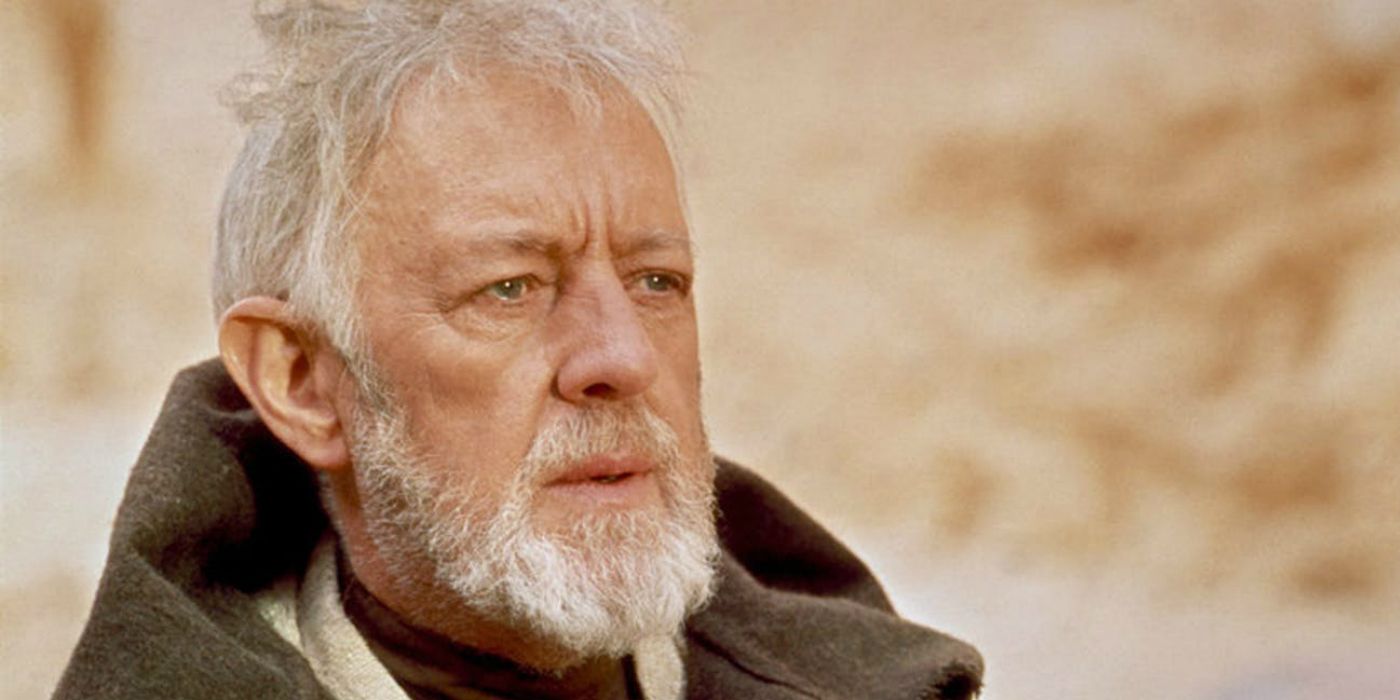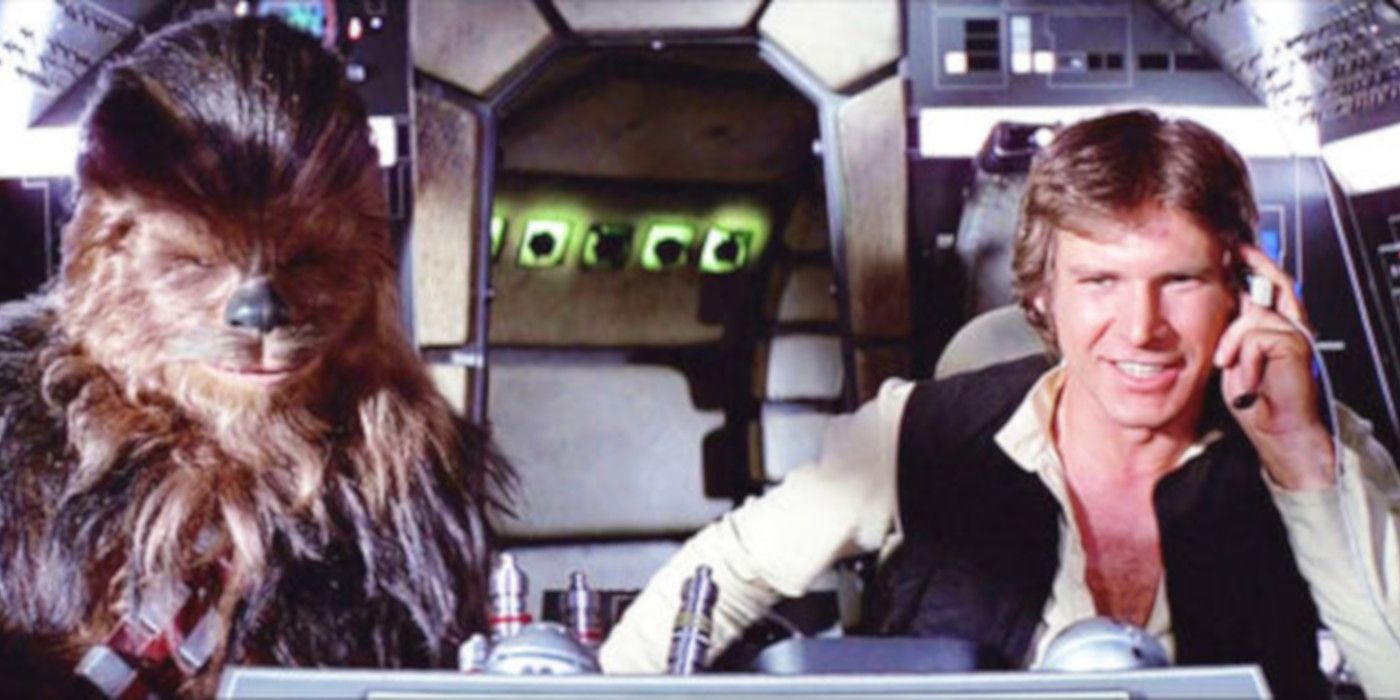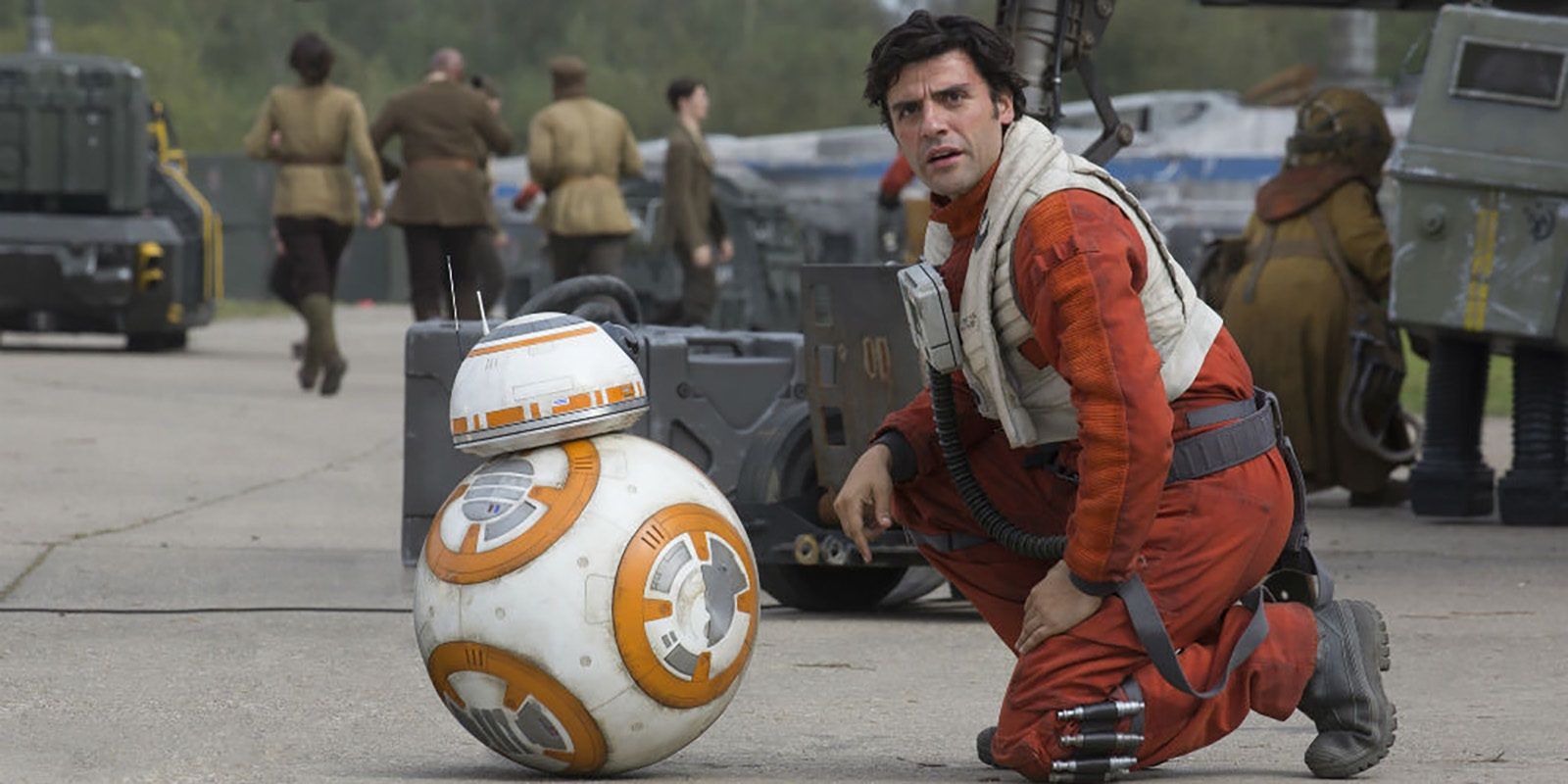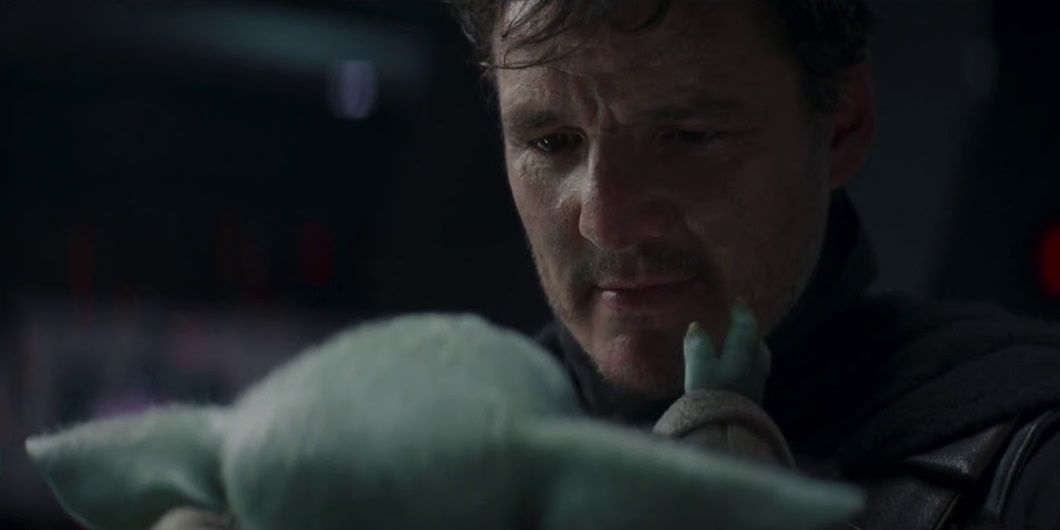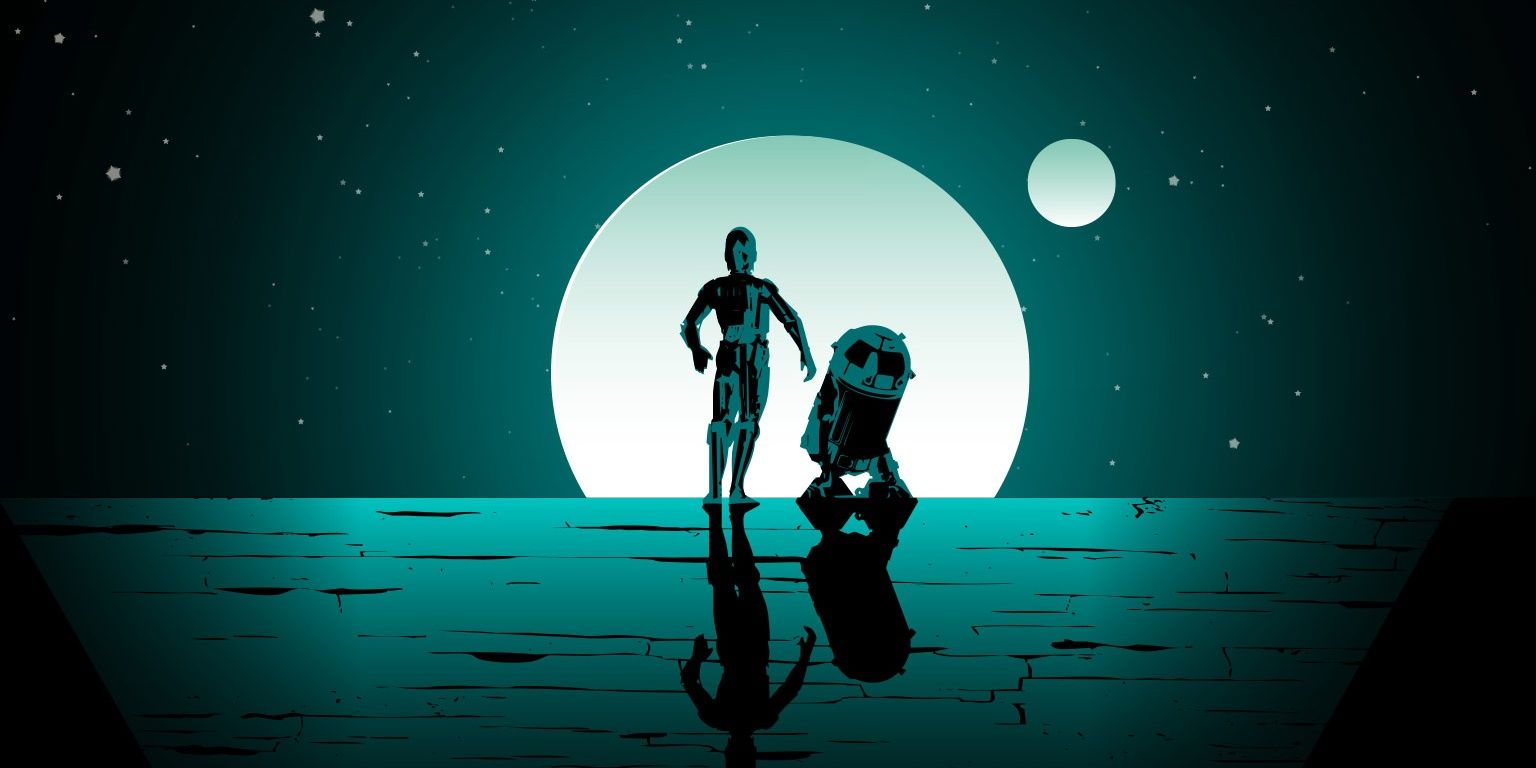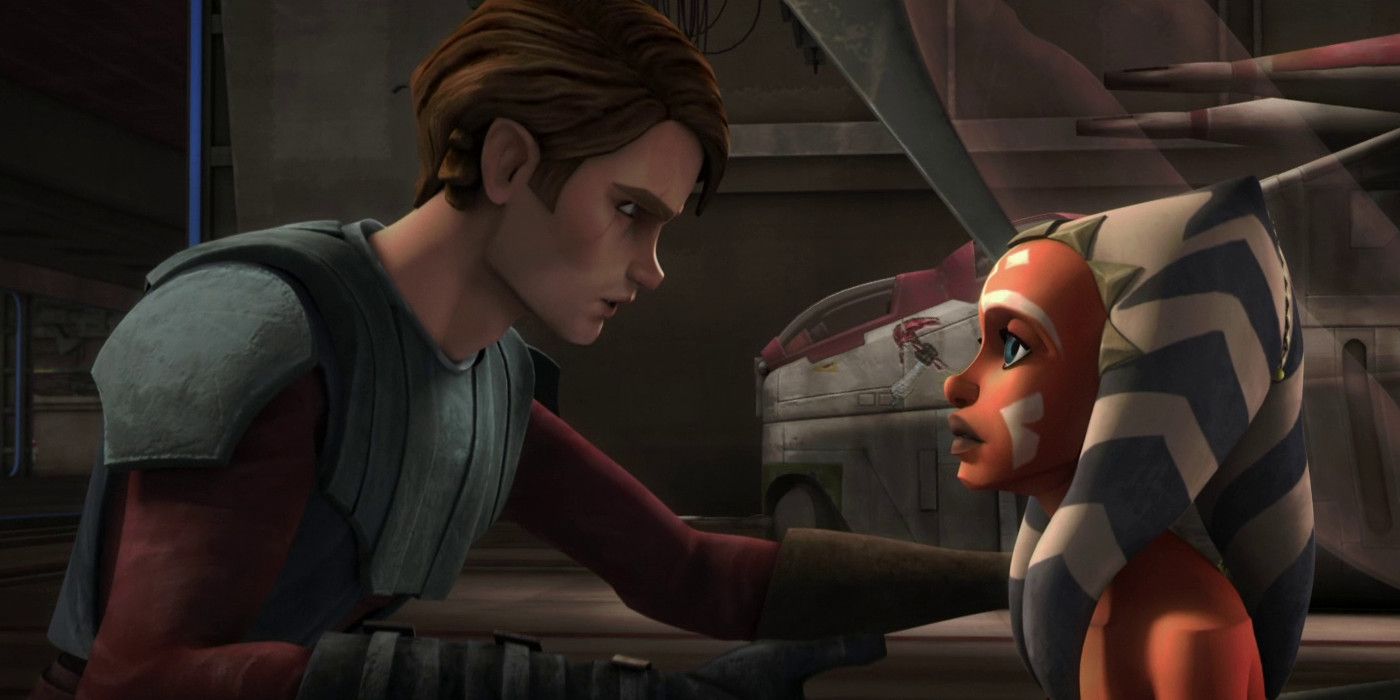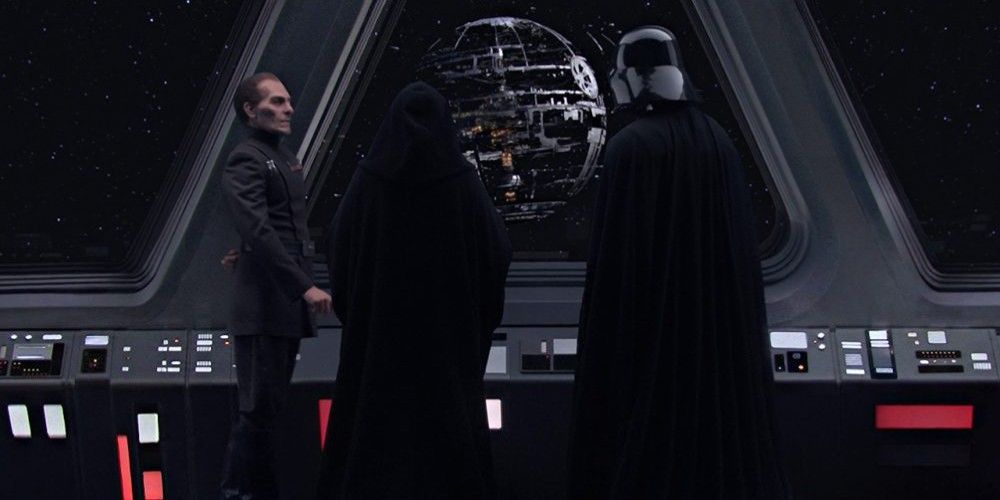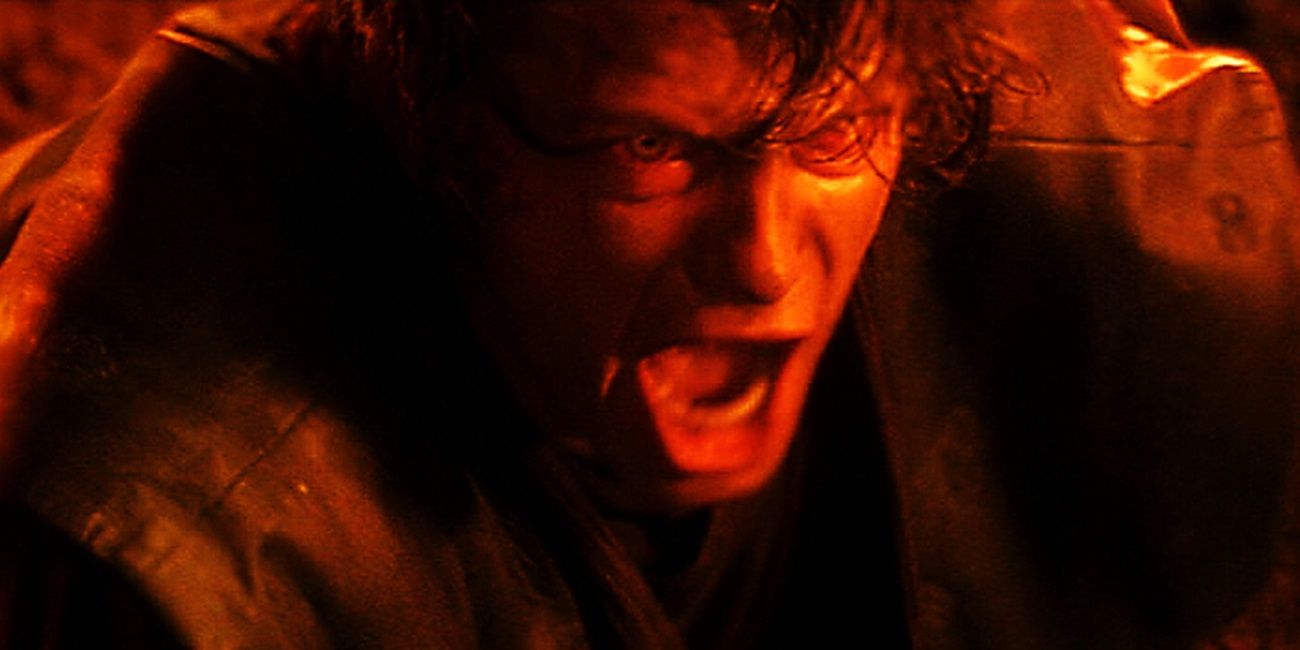For all of its highly creative and imaginative twists and turns, the Star Wars franchise tells simple, elegant stories, using complex characters and directions to make it all come together in a unique and exciting way. On many an occasion, though, for better or worse, it reuses tropes - such as planet killers - with many character archetypes popping up time and time again.
Whether they be simple ideas of characters or common traits amongst a particular group, the Star Wars franchise has many easily identifiable character tropes that it loves to return to and that fans so often love to watch.
The Drag Along
The drag-along is a simple character trope: it is someone who gets dragged along into adventures, situations, and danger they have no real desire to be in, whereas the rest of the heroes are generally happy to be doing what they are doing.
The prime example of this character trope is C-3PO, who complains and makes sarcastic remarks about every single sniff of danger and adventure he gets pulled into. There is also the Mythrol from The Mandalorian episode, "Chapter 12 - The Siege." Chopper also fits into this category, on occasion, with his incessant moaning about having to do things - he always pulls through with the violent heroics, though.
The Nazi-Esque Imperial Officers
Star Wars so often reflects the real-life wars that happen in the world, and so many military officers get portrayed as Nazi-esque figures, with the trope popping up in most pieces of content post-Clone Wars.
George Lucas himself described the Imperials as Nazis in The Empire Strikes Back commentary, as mentioned on StarWars.com. Probably the best examples are Tarkin and Hux, with the latter's speech in The Force Awakens perhaps the most obvious scene to reflect such an idea. Others, such as Cassio Tagge, Maximillian Veers, Enric Pryde, Firmus Piett, and even the likes of Thrawn and the stormtroopers are great examples of the trope in action.
The Sage Master
One of the consistently best character tropes in Star Wars and one that has an inevitable place in most future content is that of the sage master, often a Jedi Master, first seen in A New Hope through Obi-Wan, as he teaches valuable lessons to Luke Skywalker.
Since 1977, the trope has been passed to all manner of characters, from Yoda and Luke to Kanan and even non-Jedi characters such as the Bendu and Ahsoka, who act as wise mentors to characters. This character trope leads to some of the best quotes in Star Wars from the likes of Yoda and some of the best overall characters in the franchise.
The Cocky Flyboy
The arrogant pilot is a trope that sucks fans into so many characters who exude charisma and likability despite their cockiness. It helps that these characters always have badass ships for fans to enjoy too.
The first time this trope popped up was in Han Solo, but it certainly did not end with him and the Millennium Falcon. Poe Dameron fills that role in the sequel trilogy while Anakin and Luke Skywalker share all the same traits when he jumps in a cockpit. What helps keep this trope fresh as it passes through content and trilogies is the complexity and brilliance of the characters who fill that role and their journeys to become more than just a cocky pilot.
The Droid Best Friend
In all eras of Star Wars, there are main characters who have a loving and brave droid companion who is one of, if not their closest friend. These relationships are so often what helps make droids so beloved in the saga.
Luke and R2-D2, Anakin and R2-D2, Poe and BB-8, Rey and BB-8, Cassian and K-2SO, Cal and BD-1, Hera and Chopper, even Padmé and C-3PO, are all excellent droid/central character partnerships, making up some of the best duos in Star Wars. These droids tend to provide some adorable comic relief, as well as some courageous heroics as they fight alongside their friends.
The Adoptive Parental Figure
One of the newest tropes to emerge in Star Wars, which is popping up everywhere in the new Star Wars canon, is that of the adoptive parent who forms a loving and close bond with a child and guards them against all danger.
Din and Grogu is the best and most emotional example of this trope in action, but more recently, fans have gotten treated to Hunter and Omega. Before then, Kanan and Hera fulfilled that role for Ezra and even Sabine. Of course, adoptive parents go all the way back to the original trilogy with Uncle Owen and Aunt Beru, as well as Bail and Breha Organa. Nowadays, though, it is popping up more frequently.
The Ascended Extras
The ascended extra is a minor character who later gets expanded upon in detail, and to say that Star Wars has a lot of these is an understatement. It feels like every character in a frame of the Star Wars films has a story out there.
Even creatures such as the Wampa and Dianoga have names and stories detailed in the likes of the From A Certain Point Of View novels. Minor pilots, Imperial officers, Jedi with no dialogue, characters who pass through scenes unnoticed, brilliantly designed yet unnamed aliens -- the franchise is so full of minor characters who get expansive stories and fans would not have it any other way.
The Immature & Rash Young Hero
The immature, even arrogant, and definitely confident young hero is a trope that Star Wars is unlikely to ever separate itself from. And nobody can complain, given that some of the best characters come from the trope.
Luke Skywalker was this to a tee in the original trilogy, and that seemingly came from his father, who was the exact same way. Speaking of Anakin, his Jedi Padawan Ahsoka is like this through most Clone Wars seasons. When Ahsoka pops up in Rebels as a more mature, experienced individual who has experienced some terrible things, she is surrounded by Ezra and even Sabine, two characters who fit the trope to varying degrees. In the sequels, young Ben Solo and Rey fit this archetype, and in different ways, so does Poe. The franchise is full of young, often annoying heroes who grow into incredible, complex, and wise individuals.
The Big Bad Under A Bigger Bad
Where there are big bads in Star Wars, it is a safe bet that there is a bigger bad not far behind - and it is also a safe bet that the bigger bad is Darth Sidious.
Every movie has a villain who is a puppet of or secondary in power to a bigger villain. There is Tarkin to Vader in A New Hope, and in the rest of the trilogy, there is Vader to Sidious. All prequel villains are fantastic Star Wars secondary villains who work underneath Sidious. The sequels take this further again by having Hux under Kylo under Snoke under Sidious. The Clone Wars has Ventress and Grievous under Dooku under Sidious as well as Maul under Savage. Rebels not only has levels of Inquisitorius under Vader but Thrawn, above the likes of Pryce and Kallus, but under the Emperor. When a hero faces a villain in Star Wars, it can be assumed there is a bigger challenge for them over the horizon.
The Tragic Hero
While it is a fantasy space opera made for children, the Star Wars franchise is full of complexity and tragedy that leaves fans in ruins. Heroes with tragic lives, backstories, and overall journeys are so often a source of immense sadness for audiences.
The most significant example of this trope is Anakin Skywalker, who is the walking definition of tragedy. Rey, Ezra, Kanan, Din Djarin, Obi-Wan, Padmé, Clone Force 99, Rex, Han, Leia, Chewie, and more, are all individuals who suffer and fight through incredible tragedy throughout their lives. This adds layers to their character and allows audiences to sympathize and relate to them on various levels. It is a trope so often used in a genius fashion.

